To make sure we hit our net zero by 2050 target and comply with the Climate Change Act, we must, by 1st April 2022, set an interim target showing our intended rate of reduction of the Island's emissions.
This interim target will show how ambitious and committed our Island is to transition to a low carbon society with financial, social, environmental, and reputational implications.
What happens if we do nothing to reduce our emissions?
The damage and reparation costs are significant in terms of risks to the Island caused by climate change, such as increased temperatures, sea level rises, more flooding events, coastal erosion, and more powerful storms. The UK predicts that the cost of inaction will outweigh the cost of action by 2045, by which time they calculate the UK would need to spend £20bn per year. The Island will also see an increasing impact from the climate crisis overseas, being a net importer of goods, including food. Disruptions to international trade routes are forecast to grow more severe, and access to resources will become more complex.
Regardless of our net zero journey, the Island's infrastructure will need to be replaced over the normal course of its life. It is currently calculated that to replace the existing power station on a like for like basis using gas generation would require around £400m capital investment, which is similar to the cost of renewable solutions. This approach still requires a second interconnector, considering the expected growth in electricity demand for EVs and heat pumps. However, this would still leave the Island vulnerable to rising gas prices. UK price predictions currently suggest this would increase the overall fuel bill by a further £350m over the new plant's life, with the associated increases in customer bills. As most global generation equipment moves to renewable sources, there is a significant risk of early obsolescence if the maintenance and spares supply chain are discontinued. This approach would not allow emissions to reduce to the scale required to achieve the net zero target by 2050, or even the 75% renewable generation by 2035. Therefore, it is now likely to be cheaper and significantly better value to renewable generation.
There are also significant costs associated with delaying or not making changes. For example, many countries have already announced a date for the end of sales of new fossil fuel cars (2030 in the UK), meaning they would become increasingly difficult or even impossible to source. Fossil fuels and the maintenance of fossil fuel generators, heating and vehicles are likely to become obsolete and expensive as the global market moves toward low carbon alternatives, and they will then need replacement.
Participate in the consultation now.
END.
